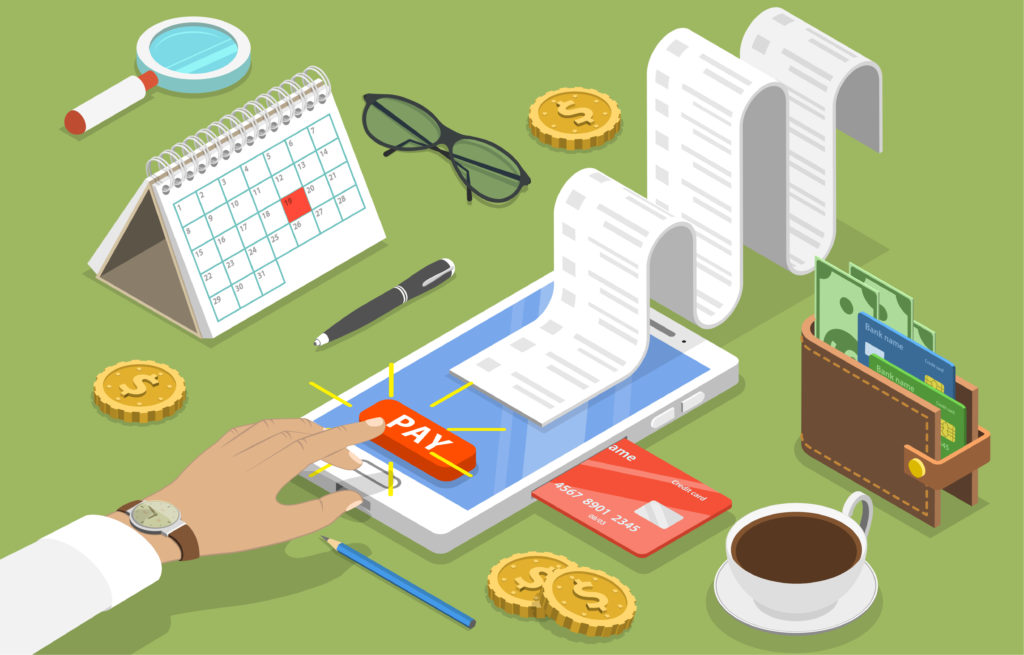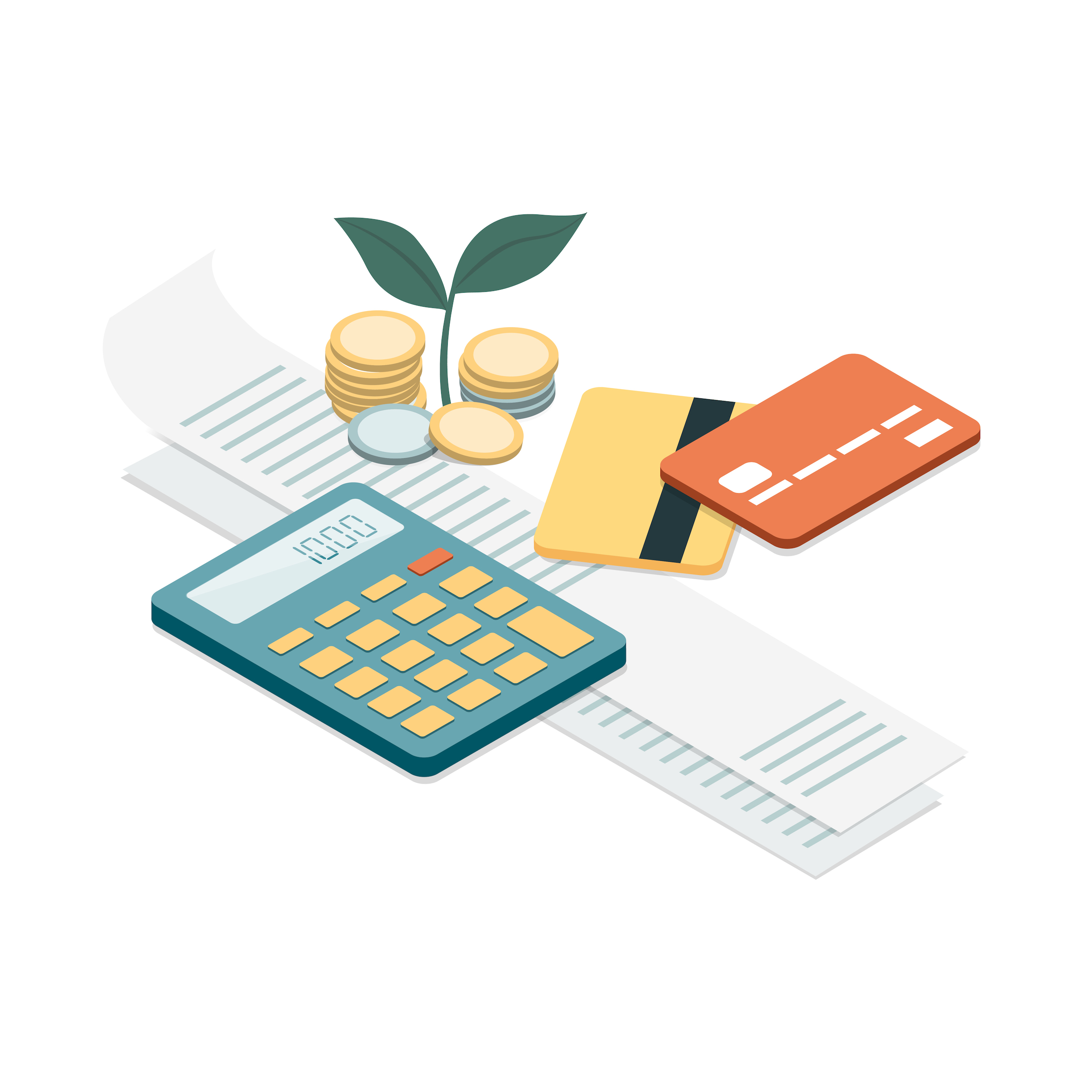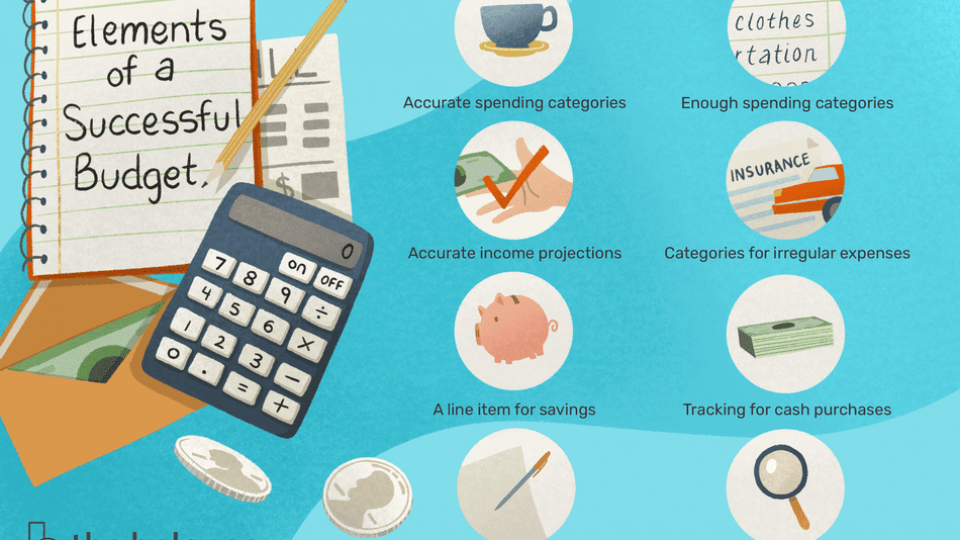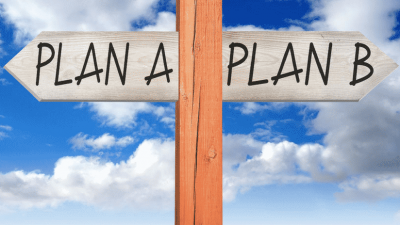
When you hear the word “budget,” how do you react? Do your neck hairs stand up? Does your stomach feel like an unpleasant feeling that you have failed to do something important? Relax – you are not alone with the matter. Some are afraid of horror movies and others are afraid of budgeting. Fear off!
In this article, we’ll explain why you should budget and how easy it is to design a suitable budget that fits perfectly into your own financial patterns. In addition, we’ll tell you how to make budgeting a fun part of your daily life.
Why is an appropriate budget so important in the private economy?
Do these things seem obvious to you? Surprisingly many people find budgeting a hassle, but there are many good reasons for a budget to exist. The trick is to find the reasons that genuinely motivate you to make it sense to calculate and stick to your personal budget. Next, we present the five main reasons for mapping the economy – whether the situation is good or not.
A budget creates realistic expectations for you
Most of us have at least some idea of our own economic situation. Often, however, this view is based on structures that may not always be entirely related to reality. You who have experience of a tight economic situation may actually have more leeway than you think. Even if you consider your financial situation to be very good, it may make sense to curb your consumption habits a bit. A budget that fits your situation will give you a more realistic view of each person’s personal finances.
The budget provides an overview of your own finances
In addition, the budget is basically about looking at revenue and expenditure on the basis of hard figures. This can also be called a private financial overview, which shows your relationship to the economy. When you know exactly how much money is in your account and how much money will be there at the end of the budget period, making financial decisions will be easier and at the same time your mind will be lighter.
The budget shows where you are doing well and where you can afford to improve
Sometimes it can feel like there is never enough money – especially if the economy is tight. Then you should sit at the table and look realistically at the areas where your private economy is doing well. Maybe you spend less money on food a month than you think. On the other hand, an appropriate budget also indicates the areas where personal finances can be improved. Could it even be a matter of bringing your own snacks to work for lunch instead of going to a canteen or restaurant?
An appropriate budget sets the framework for everyday life
To some, this may sound pointless, but in the end, it’s really nice to know exactly how much money you’ll have available over the budget period. This is related to the expectations we mentioned. Once you’ve figured out what your budget looks like, you can filter out unrealistic hopes and expectations and look around for things you can really afford.
Budgeting makes it easier to achieve your dreams
Are you saving for a first home? For a major renovation? Your dream trip or car? An appropriate budget makes it easier to set savings targets. You can see exactly what is expected of you to make your dreams come true. This also serves as a good motivation when you feel tempted to use the money you have already set aside for some spontaneous thought.

Tight economic situation: Daily budget
When there is little extra money available in everyday life, drawing up a monthly budget can seem confusing and discouraging. Sticking to it can be challenging. We recommend using a daily budget for everyday use, for example, if you are a student or a person who has a relatively small income in relation to your expenses or who has to pay bills, for example, from a consumer loan. Of course, it is good to have an overview of monthly income and expenses, but a daily budget that is suitable for consumption is especially convenient.
Here’s how to create a daily budget:
- Make an overview of your regular income
- Get an overview of your fixed costs (invoices and savings)
- Deduct income from expenses
- Divide the difference by the number of days in a month
If you shop for groceries once a week (which is absolutely recommended when your budget is tight), multiply your daily budget by the number of days you shop. In this case, your daily budget might look like this:
- Regular income: EUR 2,300
- Fixed costs: EUR 1,200
- Remaining amount: 1,100 euros
- Daily budget: 367 euros / day
For example, suppose you want to spend half of your daily budget on food and larger purchases for six days at a time. In this case, your budget in the grocery store is (367/2) * 6 = 110.10 euros.
Economic situation with some leeway: Weekly budget
A weekly budget is a great tool for those who have a little more leeway in their own economy, but for whom it feels awkward to plan a full month’s budget. The weekly budget is also great for those who find that they spend more of their earnings early in the month. By splitting your budget into weeks, it’s easier to prevent running out of money before your next payday.
Here’s how to create a weekly budget:
- Make an overview of your regular income
- Get an overview of your fixed costs (invoices and savings)
- Deduct income from expenses
- Divide the difference by the number of days in a month
Here’s an example of a weekly budget:
- Regular income: EUR 3 000
- Fixed costs: EUR 1,500
- Remaining amount: EUR 1,500
- Weekly budget: 375 euros / week
This amount can be divided into separate categories, such as grocery costs, restaurant / café costs and general consumption. With a weekly budget, you get more freedom in your daily life while making sure you have enough money throughout your budget period.
Good financial situation: Monthly budget
When you have comfortable flexibility in your economy, you can put in place a monthly budget to keep track of your money coming in and out. Then it doesn’t matter so much if you happen to spend a little more money in a single week, as long as your goals are met on a monthly basis. A monthly budget provides flexibility for spending money, but still helps keep an eye out for an unexpectedly empty account. Sometimes it may make sense to supplement your monthly budget with either a daily budget, a weekly budget, or possibly other good savings goals.
Here’s how to create a monthly budget:
- Make an overview of your regular income
- Get an overview of your fixed costs (invoices and savings)
- Deduct income from expenses
Here’s an example of a monthly budget:
- Regular income: EUR 4,500
- Fixed costs: EUR 2,000
- Monthly budget: 2,500 euros
If you only have a monthly budget, we recommend setting aside a certain amount for savings / buffers at the beginning of each budget period. This is a good way to prevent unnecessary consumption. Many people think that the best way to save is to set a fixed amount to be transferred to your online bank whenever the payday comes.

Three tips for staying on budget
Start with a realistic budget
This is definitely the most important tip we can give you, no matter what your personal finances look like. If you are unrealistic when estimating your income and expenses, it is almost impossible to stick to a budget. Therefore, you need to carefully calculate your fixed spending money before setting your budget for daily, weekly, or monthly spending.
Motivation is your best friend
Hardly anyone would deny the opportunity to get unlimited spending money no matter what goals and dreams they have. The reality, however, is that we all have a certain financial framework. When you stick to a budget, motivation is your best friend. Do you need to save money? Set yourself a specific savings goal. Should you reduce your consumption? Make a list of good and motivating reasons to remind you why it is important. When we motivate ourselves financially, it is much easier to stick to the plan.
Make staying on budget fun
Motivation is also important. Try to find a way for yourself that makes staying on a budget fun. It can be a savings contest, a reward for following a plan at the end of each week, or an app that shows how much distance is left to the next dream destination. With small carrots in everyday life, you may find that sticking to a budget is fun. Good luck!




